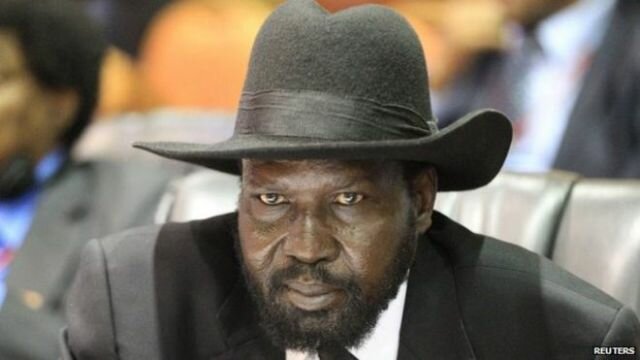The United States' positions on Sudan's issues have remained in constant contrast, especially
in the most important issues. Although it officially recognizes Sudan's cooperation in the fight against terrorism, Washington continues to list its name on the black list without providing evidence to confirm the claims made by the Zionist lobby towards Khartoum, but also was included in the countries that violate religious freedoms, despite the assurances of US Deputy Secretary of State, John Sullivan, during his visit to Khartoum last November and his meeting with the Islamic and Christian leading figures, on progress and religious coexistence witnessed by Sudan.
"Many people from different faiths, backgrounds and cultures have joined us here today to talk about the important work they are doing in Sudan to promote tolerance and strengthen the goal of mutual respect among all citizens," Sullivan said, adding "one of the goals of my visit is to make clear that the United States remains deeply committed to positive engagement with Sudan on a wide range of issues, including the protection of religious freedom and the promotion of other human rights throughout your country," he said.
Observers say that the position of US officials on Sudan's issues in terms of religious freedoms and human rights is controlled by the American mood rather than the reality, as they are under pressure when they return to their country where the moods of the United States controls real positions on Sudan issues and do not want Sudan to get out of the crisis and remain under the American control.
They assert that Sudan is one of the world's most respected countries for religions.
General Assembly of the Council of Churches:
Emphasizing the religious freedom enjoyed by Sudan and respect for religions, the world and the local community have witnessed the meetings of the General Assembly of the Sudanese Council of Churches held in Khartoum, where this council includes about 17 churches.
The Coptic Library has used to arrange an annual Ramadan Iftar, where it invited the Sudanese President and his senior aides in a tolerant scene that nobody denies.
The General Assembly of the Council of Churches was attended by Sudanese Minister of Guidance, Abu Bakr Osman and Undersecretary of the ministry, Hamid Yousef, besides the Secretary General of the Council for Religious Coexistence, Dr. Farouq Al-Bushra, head of the Department of Africa of the Ethiopian Council, beside Archbishop of the Episcopal Church, President of the Sudanese Council of Churches and the Secretary General of the Council, where the President of the Council of Churches acknowledged the state sponsorship of the churches.
The Minister of Guidance referred to the provisions of the Sudanese Interim Constitution of 2005, which promotes the freedom of religions and pays special attention to them. He pointed out that his attendance at the General Assembly of Sudanese Churches stems from the state's belief in the role of religious institutions to establish religious coexistence and values ??of love.
Sudanese Media Supports Religious Coexistence:
The Sudanese media have positions supporting the religious coexistence in Sudan and that all worshipers in these churches find respect in the performance of their worship without any harassment from any side, while the Sudanese television held several interviews, notably with the Rev. William Deng Secretary General of the Council and the Sudan News Agency (SUNA) conducted an interview with Regional Director of the World Council of Churches of Africa, who praised the expansion and development of religious coexistence in Sudan and the facilitation of visas.
Negative attitudes from Washington
The religious coexistence witnessed by the Sudan does not need to be confirmed by anybody, but the Sudanese public opinion has expressed his indignation and surprise at the recent positions of the US administration towards religious freedoms, while the Sdanese government expressed its deep regret over the announcement by the US State Department to re-list Sudan as a country of special concern, calling on it to review the said announcement where it described it as negative one where Sudan hosts millions of refugees who practice their religious rites freely.
The Ministry of Foreign Affairs stressed, in a statement, that the said declaration contradicts with the appreciations received by the Sudan from many leaders of world religious institutions, top of them Archbishop of Canterbury, Commissioner of Religious Freedoms of the European Union and the US Congress delegation , the visit of the Commissioner of Religions of the United States of America and the President of the Ethiopian Church, who visited the Church of his Community in Sudan, and the address of the US Deputy Secretary of State to various religious leaders in Khartoum last November.
The Ministry of Guidance and Endowments revealed that it was prepared a response to the American plan presented by Deputy Secretary of State.
The ministry considered the American plan expressed the opinion of the Commission on Freedom of Religion in the United States, which draws its information on religious freedom from the Sudanese opposition.
-
Private Sector Initiative for US$10 Billion ExportsNext >


